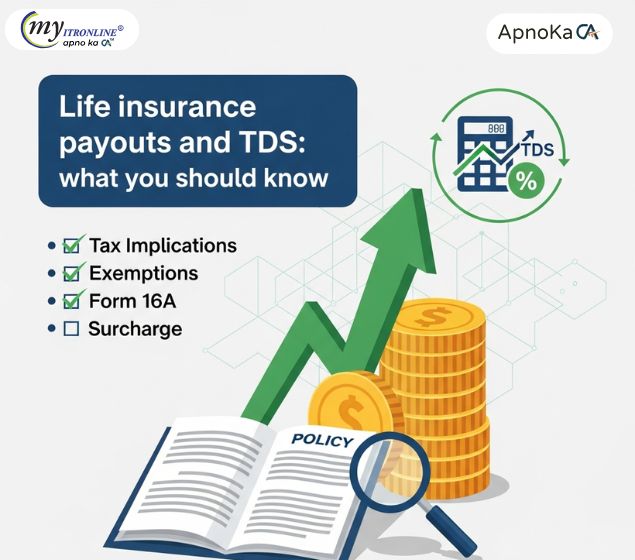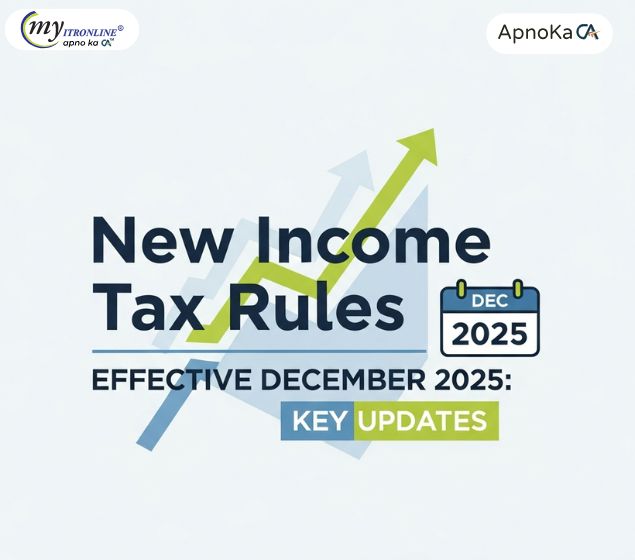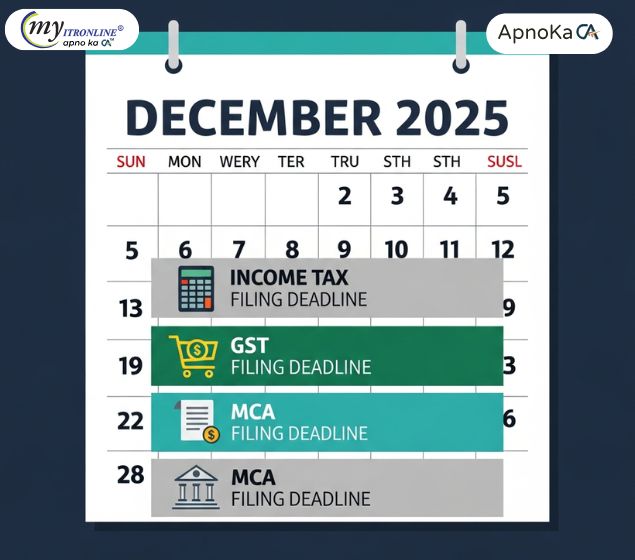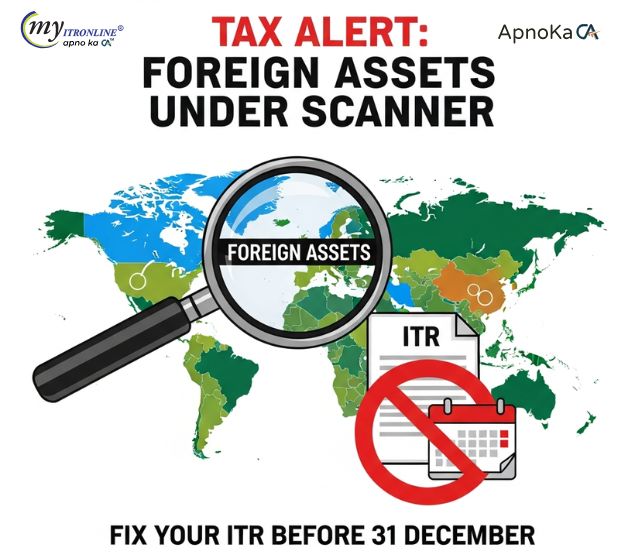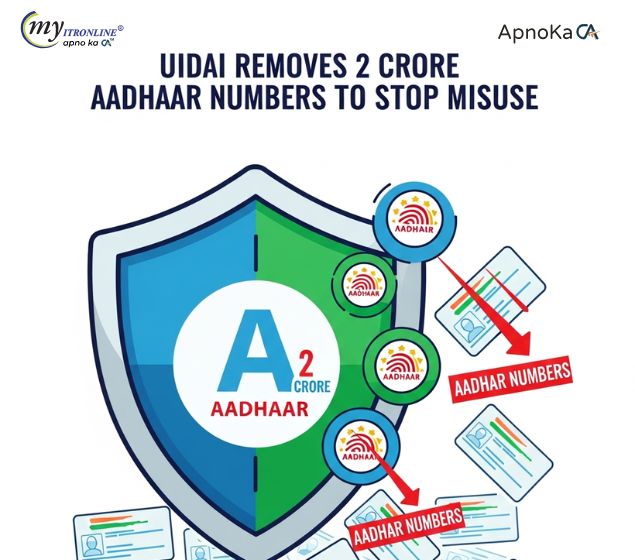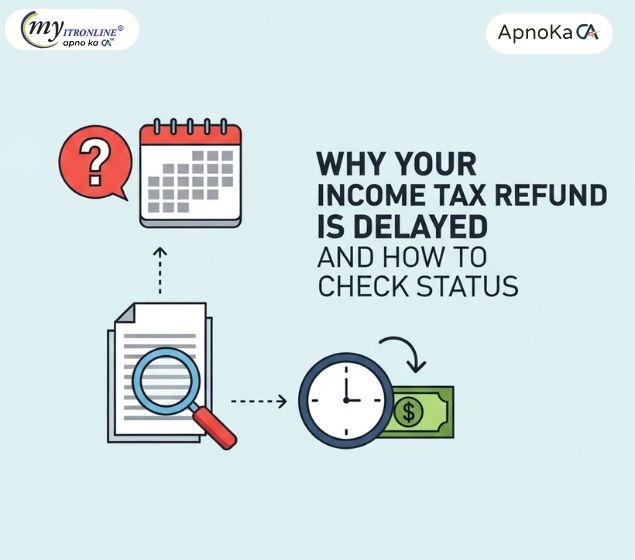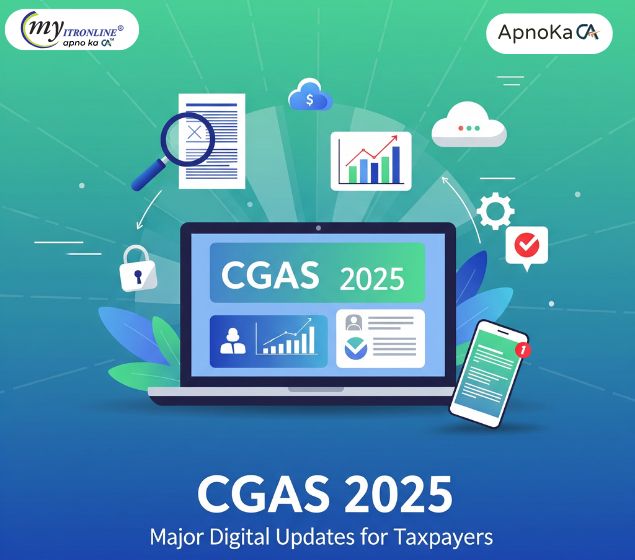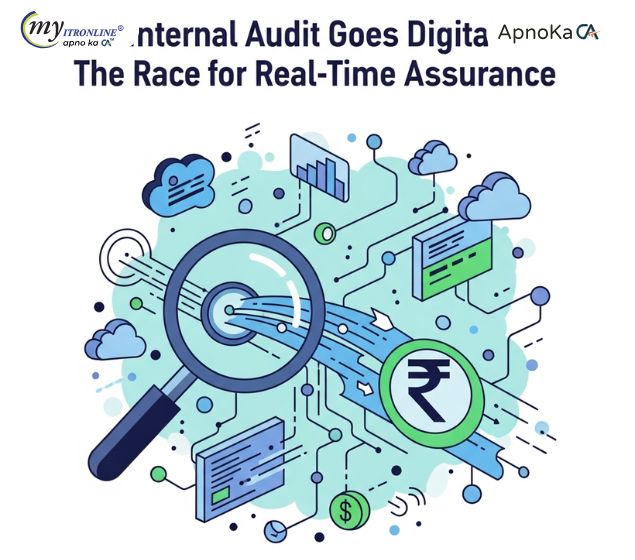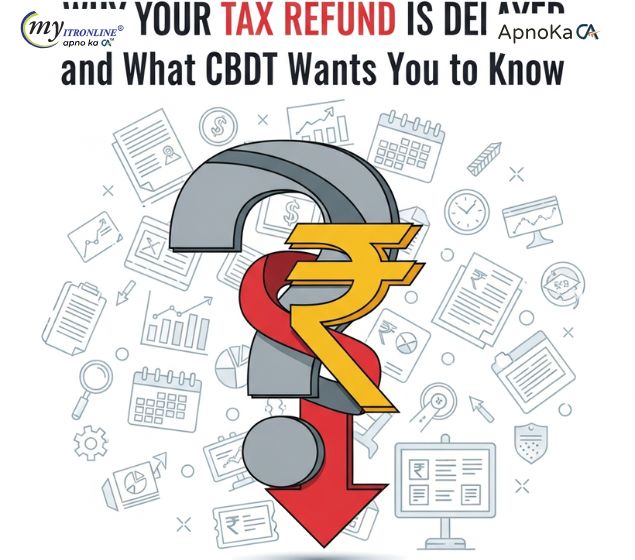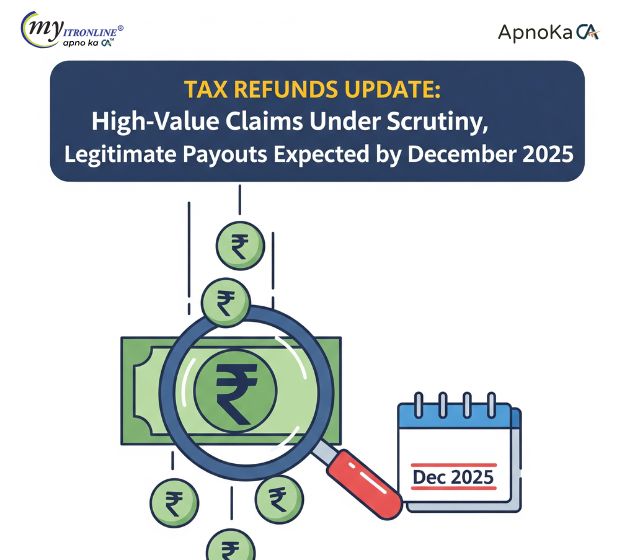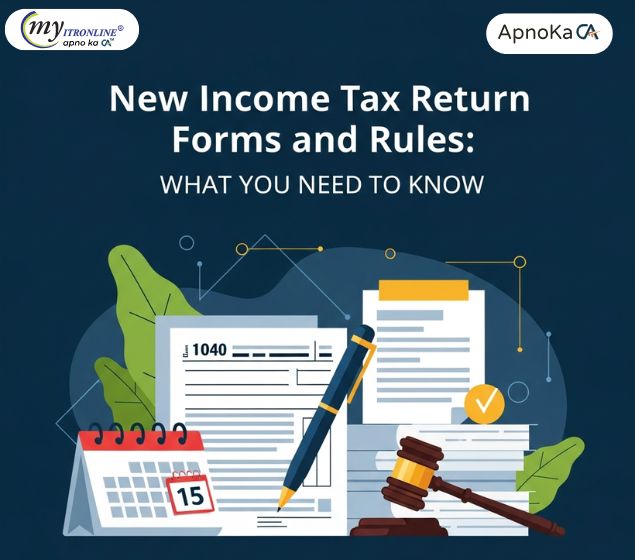NRI Property Deal in India? Know These Legal & Tax Rules First!
This comprehensive guide demystifies the process of buying property from a Non-Resident Indian (NRI) in India. It highlights critical tax implications for the buyer, particularly regarding Tax Deducted at Source (TDS), and outlines essential legal due diligence steps to ensure a clear title. The guide also covers FEMA regulations for payment, required documentation for buyers, and the importance of professional assistance, empowering prospective buyers to navigate this specific real estate transaction securely and compliantly.
.jpg )
Investing in Indian real estate is a big decision. When the seller is a Non-Resident Indian (NRI), the process comes with specific tax and legal considerations for the buyer. This guide aims to clarify these aspects and help ensure a smooth transaction.
Understanding the Landscape: Why the NRI Factor Matters
When you buy property from an NRI, the transaction is subject to the Foreign Exchange Management Act (FEMA) and the Income Tax Act of 1961. The main difference from buying from a resident Indian is the Tax Deducted at Source (TDS) rules and some repatriation regulations for the seller.
Key Considerations for the Buyer
1. Tax Deducted at Source (TDS): The Buyer's Responsibility
This is probably the most important point for a buyer. When buying property from an NRI, you must deduct TDS from the sale price and deposit it with the Indian Income Tax Department. Not doing so can result in penalties and tax evasion claims.
TDS Rates and Calculation:
The TDS rate for property bought from an NRI depends on how long the seller owned the property:
- Long-Term Capital Gains (LTCG): If the NRI seller held the property for over 2 years, the gains are long-term. The TDS rate is usually 12.5% (plus any applicable surcharge and 4% health and education cess) on the sale price. While the seller is ultimately taxed on capital gains, you typically deduct TDS on the total sale price unless the seller gets a lower or nil TDS certificate from the Income Tax Department.
- Short-Term Capital Gains (STCG): If the NRI seller held the property for less than 2 years, the gains are short-term. These gains are taxed at the seller's relevant income tax rates, which can go up to 30% (plus surcharge and cess). In this case, the buyer deducts TDS at this higher rate.
Important Points About TDS:
- No Minimum Threshold: Unlike transactions with resident Indians, where TDS applies only if the property value is over ₹50 lakh, there’s no minimum limit for TDS deduction when buying from an NRI if the payment is subject to tax in India.
- TAN Mandatory: You will need to get a Tax Deduction and Collection Account Number (TAN) to deduct and deposit TDS.
- Form 27Q Filing: After you deduct TDS, you must file Form 27Q (TDS return for payments made to non-residents) on time.
- TDS Certificate (Form 16A): You must give a TDS certificate (Form 16A) to the NRI seller as proof of TDS deduction.
- Lower TDS Certificate (Form 13/195(2)): The NRI seller can request a Lower or Nil TDS Certificate (Form 13 or application under Section 195(2)) from the Income Tax Officer if they think their actual tax bill is lower than the standard TDS rate (for example, due to a capital loss or exemptions). If they provide this certificate, you will deduct TDS according to the rate on it.
- Payment through Banking Channels: All payments to the NRI seller must go through regular banking channels (NRE/NRO/FCNR accounts of the seller). Cash payments are usually not allowed for property transactions and can lead to serious penalties.
2. Legal Due Diligence: Protecting Your Investment
Doing thorough legal due diligence is vital to avoid future disputes and ensure a clear title. This is especially important when dealing with an NRI seller due to their overseas residence.
Key Due Diligence Steps:
- Title Verification:
- Chain of Title: Check all previous sale deeds, gift deeds, partition deeds, etc., to verify the clear chain of ownership leading to the current NRI seller.
- Encumbrance Certificate: Get an Encumbrance Certificate from the Sub-Registrar's office covering the last 30-50 years to ensure there are no mortgages, liens, legal disputes, or other claims on the property.
- Property Tax Records: Confirm that all property taxes and municipal dues have been paid up to date.
- Regulatory Compliance:
- Building Approvals and Occupancy Certificate: For built properties, ensure all building plans have necessary approvals from local authorities and an Occupancy Certificate (OC) has been issued (for new constructions).
- RERA Registration: If the property is part of a project, check its registration with the Real Estate Regulatory Authority (RERA).
- Urban Land (Ceiling and Regulation) Act (ULCRA): While mostly repealed, check for any remaining regulations that may apply.
- NRI Specific Checks:
- NRI Status Verification: Confirm the seller's NRI status, as this affects TDS rules.
- Power of Attorney (PoA): If the NRI seller is selling through a representative, thoroughly review the Power of Attorney (PoA). Make sure it is:
- Properly written and specifically grants the power to sell the property.
- Notarized and apostilled/attested by the Indian Embassy or Consulate in the NRI's country.
- Registered in India (if required by state laws).
- Seller's Financial Standing: While it may not be your direct responsibility, knowing the seller's financial obligations (like outstanding home loans) can provide useful context.
- No Objection Certificates (NOCs):
- Society NOC: If the property is in a cooperative housing society or apartment complex, get an NOC from the society confirming no outstanding dues and approving the transfer of ownership.
- Income Tax Department NOC: While not always a strict "NOC," the NRI seller typically needs to show compliance with tax laws, especially if they plan to repatriate funds. Forms 15CA and 15CB are important for the seller regarding this.
3. Payment Mechanism: Following FEMA Guidelines
As a buyer, you must make sure your payment follows FEMA rules.
- Indian Rupees (INR): All property payments must be in Indian Rupees (INR).
- Authorized Banking Channels: Funds must go through legitimate banking channels. The payment usually goes into the NRI seller's Non-Resident Ordinary (NRO) account in India. NRE accounts allow repatriation, while NRO accounts handle income earned in India and non-repatriable transactions. Sale proceeds can be transferred from the NRO account, subject to certain limits and tax obligations.
- No Foreign Currency Notes/Traveler's Cheques: Paying directly in foreign currency notes or traveler's cheques is not allowed.
4. Documentation for the Buyer
While the seller provides most property documents, the buyer also needs to supply some documents:
- PAN Card: Required for all property transactions in India.
- Aadhaar Card (Optional but Recommended): While not mandatory for NRIs buying property, having an Aadhaar can simplify some processes.
- Address Proof: Provide your Indian or overseas address proof.
- Bank Account Details: Needed for payment purposes.
- Loan Documents (if applicable): If financing through a home loan, include all relevant bank documents.
5. Registration of the Sale Deed
After completing all due diligence and paying the sale price (after deducting TDS), you must register the Sale Deed at the Sub-Registrar's office. Both the buyer and seller (or their authorized PoA holders) need to be present.
- Stamp Duty and Registration Fees: You must pay the applicable stamp duty and registration fees based on the market value of the property or sale price, whichever is higher. These fees vary by state.
Post-Purchase Formalities for the Buyer
- Mutation of Property Records: After registration, apply for mutation of property records in your name with the local municipal body to update ownership details in government records.
- Utility Connections: Transfer electricity, water, and other utility services to your name.
Engaging Professionals
Because of the complexities involved, it’s wise to work with experienced professionals:
- Real Estate Lawyer: Essential for thorough legal due diligence, drafting and reviewing documents, verifying the PoA, and ensuring compliance with all laws.
- Tax Consultant/Chartered Accountant: Key for understanding and meeting TDS obligations, calculating potential tax liabilities for the seller, and offering advice on overall tax impacts.
- Reputable Real Estate Agent: Can help identify properties and navigate the local market, but their role in legal and tax matters is limited.
Conclusion
Buying property from an NRI in India can be a good investment opportunity, but it requires careful attention to legal and tax details. By understanding TDS requirements, conducting thorough due diligence, following FEMA guidelines, and seeking expert advice, buyers can achieve a secure and successful property purchase. Proactive compliance is vital to avoid future issues and protect your investment.
FILING YOUR INCOME TAX RETURN F.Y 2024-25 (A.Y. 2025-2026) WITH MYITRONLINE
The income tax filing deadline is right around the corner. If you haven’t filed yet, do it today with Myitronline! Avoid last minute rush and file your tax return today on MYITRONLINE in Just 5 mins.(www.myitronline.com)
If you are looking for eCA assistance to file your income tax return/ GST, you can opt for MYITRONLINE eCA assisted plan starting
Upload Salary Individual Form-16
If you have any questions with filing your tax return, please reply to this mail. info@myitronline.com OR call 9971055886,8130309886.
Note-All the aforementioned information in the article is taken from authentic resources and has been published after moderation. Any change in the information other than fact must be believed as a human error. For queries mail us at marketing@myitronline.com
Krishna Gopal Varshney
An editor at apnokacaKrishna Gopal Varshney, Founder & CEO of Myitronline Global Services Private Limited at Delhi. A dedicated and tireless Expert Service Provider for the clients seeking tax filing assistance and all other essential requirements associated with Business/Professional establishment. Connect to us and let us give the Best Support to make you a Success. Visit our website for latest Business News and IT Updates.
Leave a reply
Your email address will not be published. Required fields are marked *Share this article
Krishna Gopal Varshney, Founder & CEO of Myitronline Global Services Private Limited at Delhi. A dedicated and tireless Expert Service Provider for the clients seeking tax filing assistance and all other essential requirements associated with Business/Professional establishment. Connect to us and let us give the Best Support to make you a Success. Visit our website for latest Business News and IT Updates.
View articles









